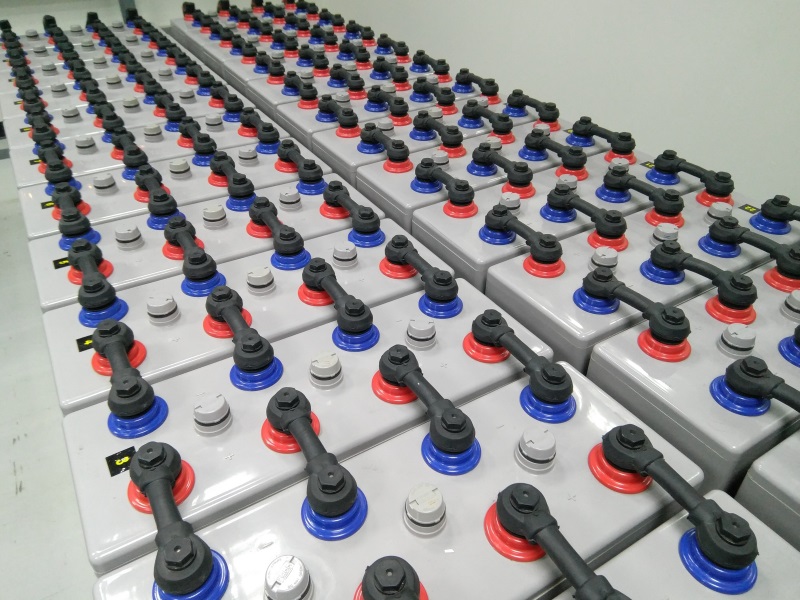Lead-acid batteries can experience various faults and failures over time due to factors such as improper usage, aging, environmental conditions, and manufacturing defects. Here are some common faults associated with lead-acid batteries.
- Sulfation: Sulfation occurs when lead sulfate crystals accumulate on the battery plates, reducing the surface area available for chemical reactions and impairing battery performance. This can happen if the battery is left discharged for extended periods or if it is not properly maintained.
- Corrosion: Corrosion of the battery terminals and connectors can occur due to exposure to moisture, electrolyte leakage, or the presence of contaminants. Corrosion can increase electrical resistance and hinder the flow of current, leading to voltage drops and reduced battery efficiency.
- Plate Degradation: Over time, the active material on the battery plates can degrade or shed, reducing the battery’s capacity and performance. Plate degradation can occur due to factors such as overcharging, high temperatures, or mechanical stress.
- Internal Short Circuits: Internal short circuits can occur within the battery due to physical damage, manufacturing defects, or the growth of dendrites (crystalline structures) between the plates. Short circuits can lead to overheating, reduced battery life, and in severe cases, thermal runaway or battery failure.
- Electrolyte Loss: Electrolyte loss can occur due to overcharging, excessive gassing, or damage to the battery casing. Loss of electrolyte can affect the battery’s ability to maintain proper chemical reactions and can lead to reduced capacity and performance.
- External Damage: Physical damage to the battery casing, terminals, or internal components can occur during handling, installation, or operation. External damage can compromise the integrity of the battery and lead to leaks, short circuits, or other failures.
- Overcharging/Undercharging: Overcharging or undercharging the battery can accelerate plate degradation, increase water loss, and lead to other issues such as sulfation, overheating, and reduced battery life.
- High Temperatures: Exposure to high temperatures can accelerate chemical reactions within the battery, leading to increased gassing, water loss, and accelerated degradation of the plates and electrolyte.
Regular maintenance, proper charging practices, and careful handling are essential for preventing and mitigating these common faults in lead-acid batteries. Monitoring battery performance, conducting routine inspections, and addressing any issues promptly can help prolong battery life and ensure reliable operation.


